|
Das 66er Debüt wird oft unter den Teppich gekehrt, weil hier bekannte
Macher wie Jac Holzman (Elektra Chef), Doors Produzent Paul Rothchild,
Love und Doors Soundengineer Bruce Botnick und Jack Nitzsche (Streicherarrange-ments)
nach dem so typischen 60er-Elektra-Folkrock Blueprint arbeiteten und so
Buckleys zart keimende Persönlichkeit etwas unterdrückt wurde.
Aber der zerbrechlichen Schönheit der Songs und dieser ungewöhnlichen
Magie der Stimme des damals knapp 19-jährigen kann man sich nicht
entziehen.
(Glitterhouse)
|
|
Buckley's 1966 debut was the most straightforward and folk-rock-oriented
of his albums. The material has a lyrical and melodic sophistication that
was astounding for a 19-year-old. The pretty, almost precious songs are
complemented by appropriately baroque, psychedelic-tinged production.
If there was a record that exemplified the '60s Elektra folk-rock sound,
this may have been it, featuring production by Elektra owner Jac Holzman
and Doors producer Paul Rothchild, Love and Doors engineer Bruce Botnick,
and string arrangements by Jack Nitzsche. That's not to diminish the contributions
of the band, which included his longtime lead guitarist Lee Underwood
and Van Dyke Parks on keyboards. Buckley was still firmly in the singer-songwriter
camp on this album, showing only brief flashes of the experimental vocal
flights, angst-ridden lyrics, and soul influences that would characterize
much of his later work. It's not his most adventurous outing, but it's
one of his most accessible, and retains a fragile beauty.
(by Richie Unterberger, All
Music Guide)
|
|
With Buckley barely out of high school, he hadn't yet moved towards the
lengthy, jazz-influenced arrangements of his mature period. So here he
sticks with two- to three-minute running times and a folk-rock formula
that's sometimes derivative (the Byrds-like blues "Understand Your Man").
He works with Elektra/Doors production regulars Paul Rothchild, Jac Holzman,
and Bruce Botnick, with Jack Nitzsche arranging the strings, Van Dyke
Parks playing keyboards, Frank Zappa associate Billy Mundi on drums, and
a few more obscure musicians like Lee Underwood (guitar), who became Buckley's
most reliable sideman. Buckley's already writing tons of catchy and clever
tunes ("Song For Janie"), and his amazing vocal abilities are already
apparent. But at this point his delivery is uptight and grandiose, a la
Joan Baez; and the occasional orchestration is interesting, much like
Love's Forever Changes, but dated. The good news is some startling,
moody experimentation ("Song Slowly Song") that points the way to his
later achievements.
(Wilson and Alroy's Record
Reviews)
|
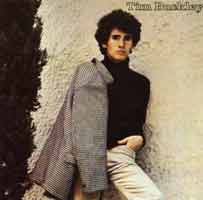
 Plattentipp
Plattentipp 












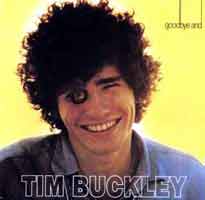
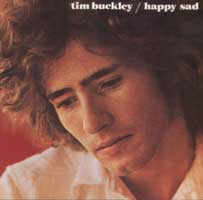


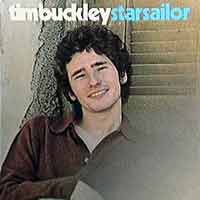
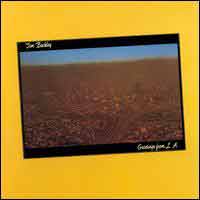
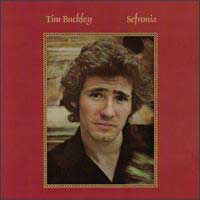
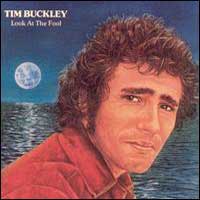
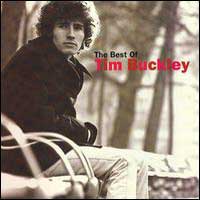
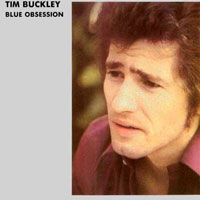
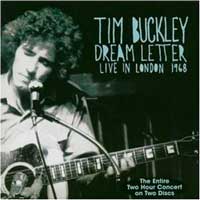

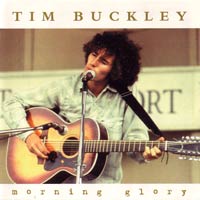
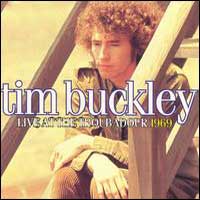
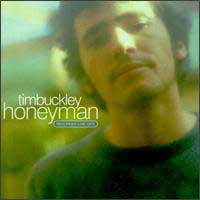
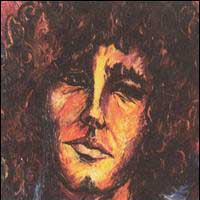
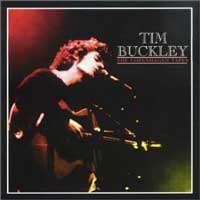
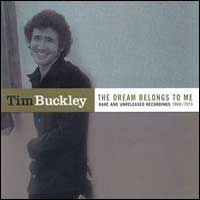
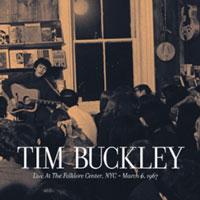
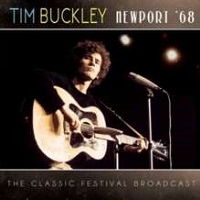
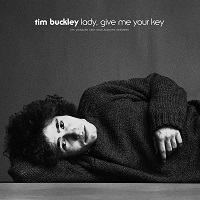
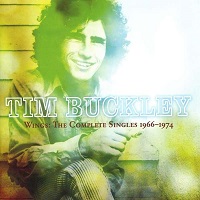
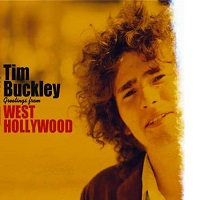
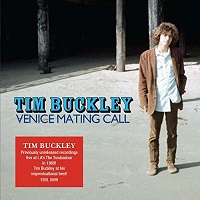
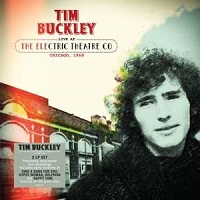
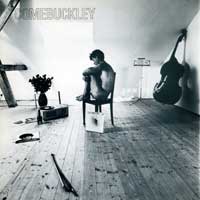


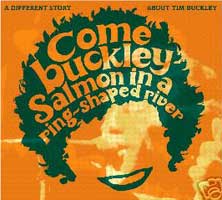
 Tim Buckley
Tim Buckley 